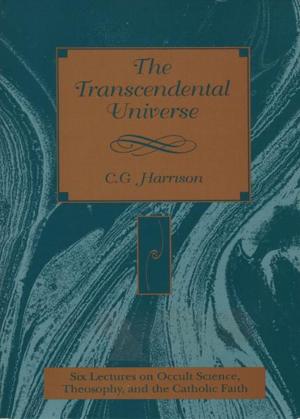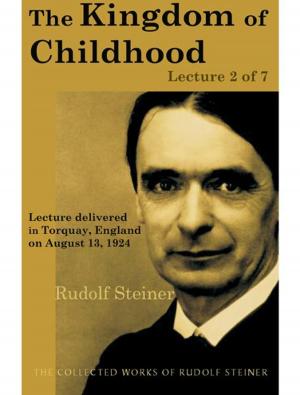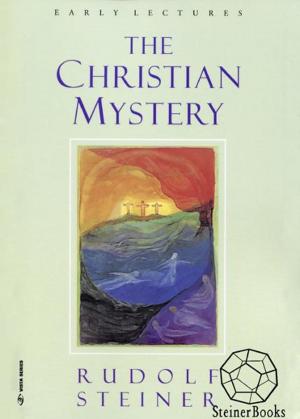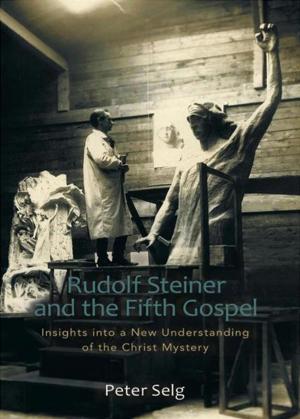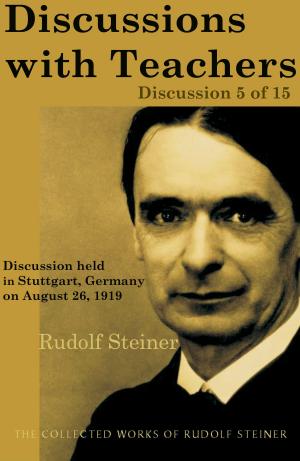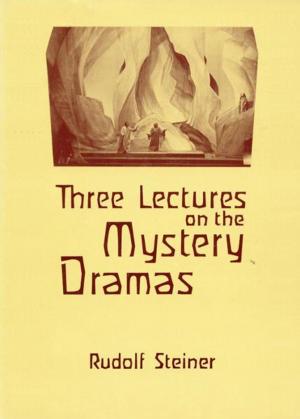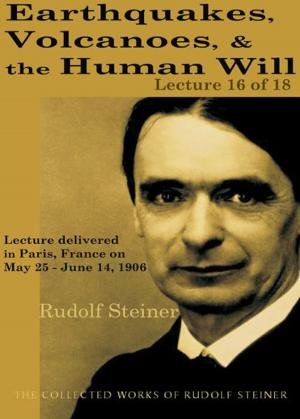Youth Longs to Know
Nonfiction, Reference & Language, Education & Teaching, Educational Theory, Philosophy & Social Aspects| Author: | John Fentress Gardner | ISBN: | 9780880109086 |
| Publisher: | SteinerBooks | Publication: | June 1, 1997 |
| Imprint: | SteinerBooks | Language: | English |
| Author: | John Fentress Gardner |
| ISBN: | 9780880109086 |
| Publisher: | SteinerBooks |
| Publication: | June 1, 1997 |
| Imprint: | SteinerBooks |
| Language: | English |
In this collection of essays John Fentress Gardner illuminates many challenging aspects of modern life that concern him-and concern most of us, as well. From poverty and environmental degradation to sexuality, parental discipline, and the pressures of modern life; from the further paths of knowledge to war and peace-he reveals how all these faces of life speak, and he points clearly to what they themselves ask for. In this sense, he looks directly to the future, not as a prophet, or even guide, but as one filled with wonder and hope. He looks often to Emerson; to Rudolf Steiner, the Austrian philosopher and seer; and to others. But the weight of his regard falls upon the future, particularly upon the bearers of the future: today's youth. Gardner has been a teacher of youth for many years in the Waldorf private school system. He has a deep feeling for young people-not only for their masks and attitudes of the moment, but also for their deep (generally unconscious) longings, and for what happens when these are thwarted, as they often are. In one of the most impressive essays of this book, Gardner makes it startlingly clear that peace is not a true goal or attainment if it is viewed in opposition to war and conflict. For in this opposition, conflict remains. It is the third - transcending and holding the tension between conflict and quiescent peace - in which the redeeming force is found. In climbing through the heart into the Heart of hearts, is found the spiritual, true secret of Peace. There, the longing to know finds answers.
In this collection of essays John Fentress Gardner illuminates many challenging aspects of modern life that concern him-and concern most of us, as well. From poverty and environmental degradation to sexuality, parental discipline, and the pressures of modern life; from the further paths of knowledge to war and peace-he reveals how all these faces of life speak, and he points clearly to what they themselves ask for. In this sense, he looks directly to the future, not as a prophet, or even guide, but as one filled with wonder and hope. He looks often to Emerson; to Rudolf Steiner, the Austrian philosopher and seer; and to others. But the weight of his regard falls upon the future, particularly upon the bearers of the future: today's youth. Gardner has been a teacher of youth for many years in the Waldorf private school system. He has a deep feeling for young people-not only for their masks and attitudes of the moment, but also for their deep (generally unconscious) longings, and for what happens when these are thwarted, as they often are. In one of the most impressive essays of this book, Gardner makes it startlingly clear that peace is not a true goal or attainment if it is viewed in opposition to war and conflict. For in this opposition, conflict remains. It is the third - transcending and holding the tension between conflict and quiescent peace - in which the redeeming force is found. In climbing through the heart into the Heart of hearts, is found the spiritual, true secret of Peace. There, the longing to know finds answers.





